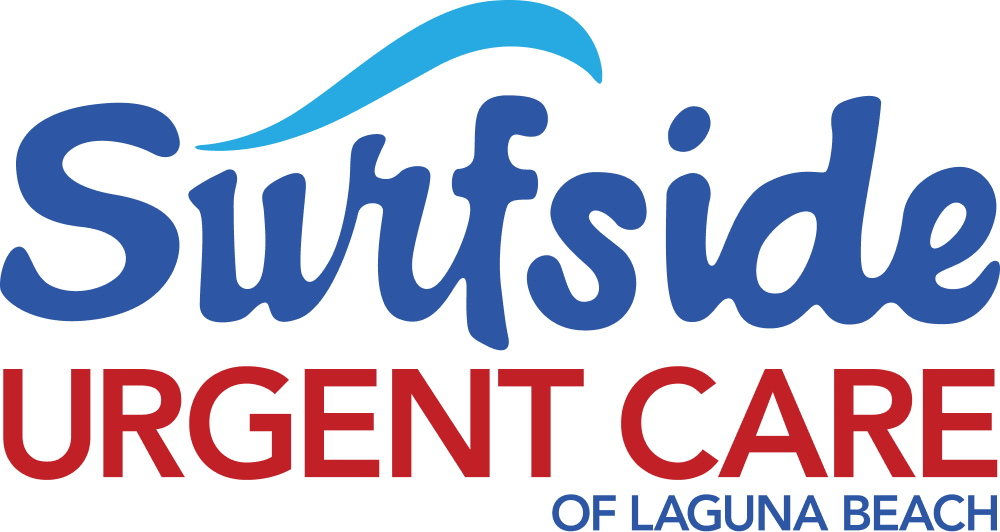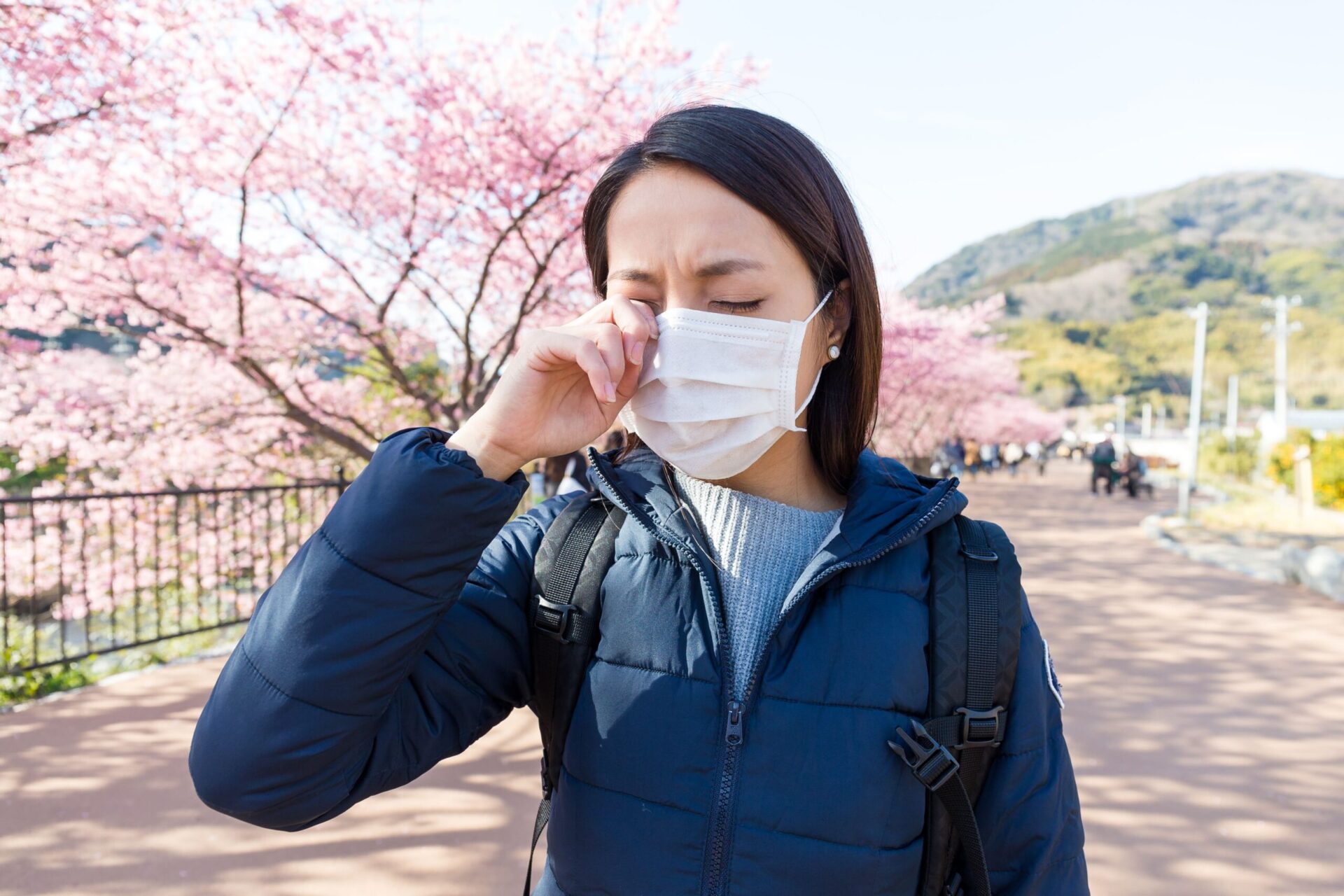
As the vibrant state of California welcomes each changing season with open arms, it also invites a less pleasant guest – seasonal allergies. Whether you’re a native Californian or a newcomer to the Golden State, understanding and navigating the nuances of allergy seasons is crucial for a more comfortable and enjoyable outdoor experience.
Surfside Urgent Care of Laguna Beach emerges as one of the best resources of relief for those struggling with seasonal allergies in California. With our team of experienced healthcare professionals, you get prompt and effective urgent care services in Calfornia to fight against unique allergens of each season.
In this comprehensive guide, we’ll explore when allergy season hits in California, address common concerns like whether infants can suffer from seasonal allergies, and delve into the surprising connection between allergies and fatigue. Let’s embark on a journey to learn how to overcome seasonal allergies and make the most of every season in the stunning California landscape.
When is Allergy Season in California?
Heading into the heart of the matter, understanding when allergy season strikes is the first step in combating seasonal allergies effectively. California’s diverse climate and varied landscapes contribute to different allergy triggers at different times of the year.
In the context of understanding and managing seasonal allergies, it’s also important to consider other health aspects relevant to different times of the year. For instance, as we navigate through various seasons, staying informed about flu prevention is equally important.
Now, let’s break allergies down by season:
Spring Blossoms and Pollen Explosion
Springtime in California marks a time for blossoming flowers and renewal, but it also brings seasonal allergies. Beginning around late February or early March, trees like oak, pine, and birch release large amounts of pollen, which causes allergic reactions in certain individuals, leading to symptoms like sneezing, itchy eyes, and congestion becoming more prevalent than usual.
Summer Grasses and Weeds
As spring transitions to summer, grass pollen becomes a significant culprit. From May to July, grasses release pollen that can cause allergic reactions. Additionally, weed pollen, especially from plants like ragweed, adds to the allergen mix, affecting those with sensitivities.
Fall Foliage and Mold Spores
While fall is known for its colorful foliage, it’s also a time when mold spores thrive. In California, fall allergies, which can start as early as September, are often triggered by mold growth in damp areas. Individuals allergic to mold may experience symptoms like coughing, wheezing, and throat irritation.
Common Questions About Seasonal Allergies
Can Infants Have Seasonal Allergies?
Unfortunately, yes; infants can indeed develop seasonal allergies, though it may be challenging to identify their symptoms in very young children. Common signs include constant nose and eye rubbing, sneezing, and irritability.
Unlike adults, who can articulate their discomfort, infants communicate their distress through behavior changes. If you witness your baby showing signs of discomfort during specific seasons, it’s advisable to consult a pediatrician. They can help determine whether the signs are related to allergies and provide guidance on managing and alleviating your infant’s discomfort.
Can Seasonal Allergies Make You Tired?
Being tired during allergy season is common, as your immune response to allergens may release histamines that lead to feelings of fatigue, lethargy, and an overall unwellness that often manifests as “allergic fatigue” or asthenia.
The body’s energy resources are diverted towards combating the perceived threat posed by allergens, leaving individuals feeling drained. Additionally, sleep disturbances due to nasal congestion and other allergy symptoms can contribute to daytime tiredness. If you find yourself experiencing fatigue during allergy season, ensuring adequate rest, staying hydrated, and seeking medical advice for symptom management are crucial steps toward reclaiming your energy.
Can You Develop Seasonal Allergies Later in Life?
Misconceptions surrounding allergies often arise due to people’s perception that they only affect children or remain the same throughout life. But the truth is, adults can develop seasonal allergies at any point during adulthood, even if they never experienced them as children, due to changes in immune systems, environmental exposures, and genetic influences that contribute to developing seasonal allergies later on in life.
If you find yourself suddenly experiencing allergy-like symptoms like sneezing, congestion, or itchy eyes, it’s imperative to consult with a doctor for appropriate diagnosis as well as management. Allergists can conduct tests to identify specific allergens and recommend personalized strategies to minimize exposure and alleviate symptoms.
Navigating Seasonal Allergies in California
To further assist those dealing with these seasonal challenges, Surfside Urgent Care of Laguna Beach offers a comprehensive guide for managing seasonal allergies. Now that we’ve explored the nuances of seasonal allergies in California let’s delve into practical tips for navigating these challenges and enjoying the beauty of the Golden State throughout the year:
Stay Informed About Pollen Counts
Monitoring local pollen counts can help you anticipate peak allergy periods and take preventive measures. Numerous websites and apps provide real-time pollen information, allowing you to plan outdoor activities on days with lower allergen levels.
Create Allergy-Free Zones at Home
Make your home a sanctuary by implementing allergy-friendly practices. Shut down windows during high pollen seasons, use air purifiers to filter indoor air, and regularly clean and dust your living space to minimize allergen accumulation.
Practice Good Personal Hygiene
After spending time outdoors, it’s crucial to wash away allergens that may have collected on your skin and clothes. Showering and changing into clean clothes can help prevent bringing allergens into your living space.
Consider Allergy-Resistant Landscaping
If you’re a homeowner or have control over your outdoor space, consider planting low-allergen plants and trees. Consult with local nurseries for landscaping advice that minimizes the risk of triggering allergies.
Consult with Healthcare Professionals
If over-the-counter antihistamines and other allergy medications are not providing sufficient relief, it’s essential to consult with an allergist or healthcare professional. They can conduct allergy tests to determine specific triggers and recommend personalized treatment plans.
Closing the Book on Seasonal Allergies
Seasonal allergies in California, while a common challenge, should not deter you from enjoying the beauty and diversity the state has to offer. By staying informed, implementing practical strategies, and seeking professional advice when needed, you can navigate allergy seasons with greater ease.
Whether you’re marveling at spring blooms, enjoying summer activities, or savoring the crisp air of fall, understanding and managing seasonal allergies empowers you to make the most of every season in this picturesque state.
At Surfside Urgent Care of Laguna Beach, we specialize in providing urgent care services for allergies to help you breathe easier and enjoy life allergen-free. Schedule your appointment today and take the first step towards a healthier, allergy-resistant lifestyle. Your comfort is our priority!


